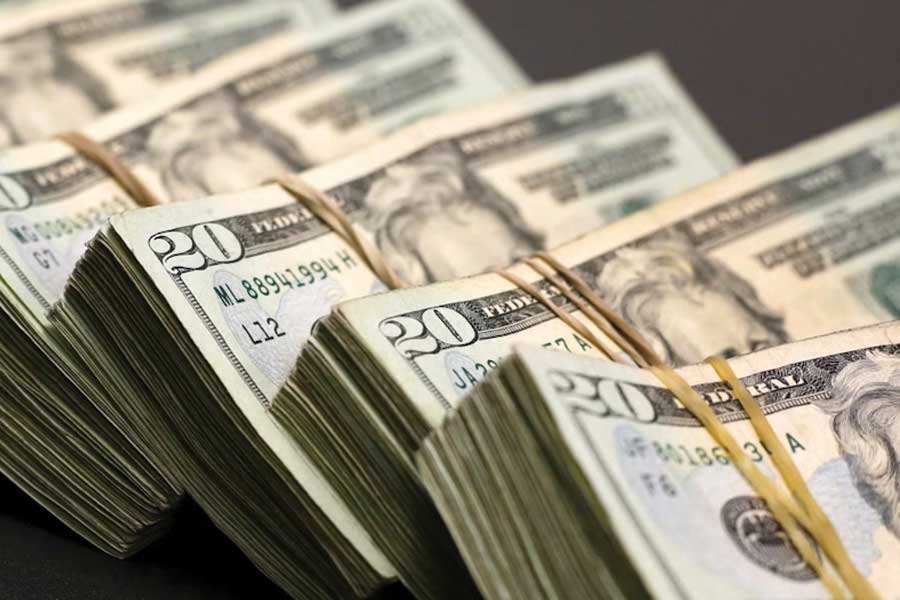The greenback is starting to lose its sparkle. The American dollar has dominated global trade as the currency of choice to settle transactions ever since the Harold Wilson government in Britain devalued the pound sterling in November 1967 by an unprecedented 14%. Four years later, the Bretton Woods system virtually collapsed once the United States of America abandoned the gold standard, scrapping the facility that permitted convertibility of the US dollar into gold. After these two significant developments, the US dollar became universally recognised as a safe-haven currency. But that trust in the dollar has now started to wane amid rising angst over Western domination in world affairs. Countries like China have become vexed over the dollar’s dominance. A recent note prepared by the US Federal Reserve’s economists showed that the dollar accounted for 96% of trade invoicing in the Americas but only 74% in the Asia-Pacific region. The so-called de-dollarisation move has gathered momentum with Beijing pushing for yuan-settled trades. Russia is also trying to break the stranglehold of Western sanctions after the Ukraine invasion that barred its access to the clearing house for dollar-linked settlements. Consequently, the Chinese yuan now accounts for almost half of foreign exchange trades in Russia. Now BRICS has floated the idea of launching its own currency. The idea is still at a nebulous stage and there is no certainty that it will fructify. But it has obviously rattled the US president-elect, Donald Trump, who threatened to slap a 100% tariff on goods that Brazil, Russia, India, China and South Africa export to the US in a rather crude attempt to scupper the idea.
BRICS is already looking to expand its membership base. Several countries are exploring the possibility of settling transactions in mutually-agreed currencies, including their own. If such a currency union crystallises, it will accentuate the drift away from the dollar. It may still be too early to call out the decline of the dollar. However, a J.P. Morgan report claims that the bigger risk to the dollar’s hegemony comes from digital technology. More and more central banks are launching their digital currencies and may soon opt to settle trades using them. A step has already been taken with the creation of Project mBridge that connects central and commercial banks across China, Hong Kong, Thailand, the United Arab Emirates and Saudi Arabia without relying on the dollar. Big changes happen with small moves.











